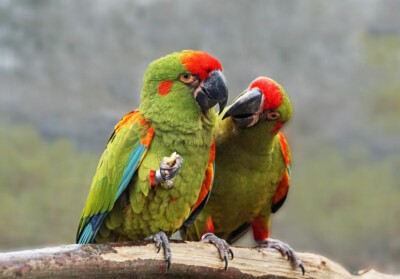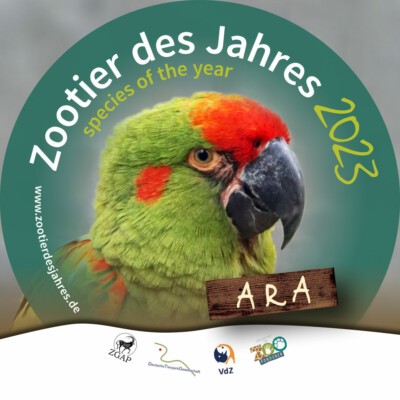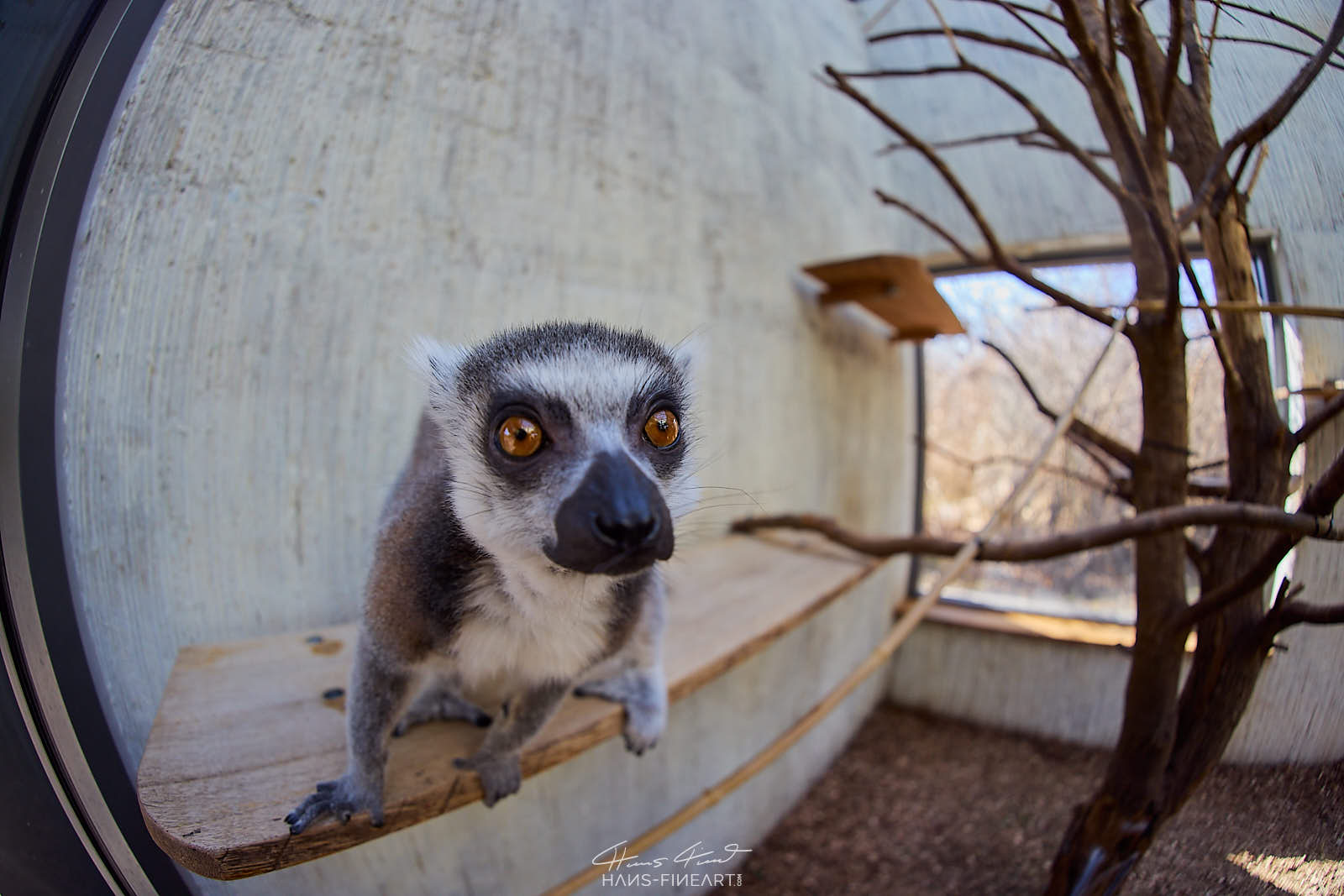The macaw elected Zoo Species of the Year 2023
Animal news | 30 January 2023

These large, vividly coloured parrots call the rainforests of Central and South America home. Right now, several species of these charismatic birds are fighting for survival. This year the “Zoo Species of the Year” campaign, launched by the Zoological Society for the Conservation of Species and Populations (ZGAP), will focus its efforts on protecting macaws. It is partnered by the Community of German Zoo Patronizers (GdZ), the German Society for Animal Parks (DTG) and the Association of Zoological Gardens (VdZ).
The wild populations of many macaw species have collapsed significantly in recent years. Their biggest threat is habitat loss due to ever-increasing human encroachment. Of the 19 known species, more than half are endangered, threatened with extinction, or have already been lost. “As Zoo Species of the Year 2023, the macaws will now be in the spotlight for a year. Together with the support of our campaign partners and the zoo community, we want to lobby for these special parrots and provide concrete support for species conservation projects on the ground,” says Dr Sven Hammer, Senior Vice Chairman of ZGAP.
One of the main reasons for the dramatic decline in the population of many macaw species is the loss of their habitat due to the expansion of human settlements and agricultural land. Their forests are cleared for cattle grazing, while the trees the macaws use for feeding and breeding, essential to their survival, are used for logging. More and more macaws are consequently suffering from an “acute housing shortage”. Their remaining habitats are now so small that a single environmental event could wipe out an entire population or even an entire species.
Poaching also poses a threat to these colourful beauties. Thanks to their impressive plumage and intelligent nature, macaws have long been coveted as ornamental birds. Their sale is highly lucrative and, in addition, the parrots are hunted for their feathers, as a pastime, or because they are considered a pest to crops.
The campaign funds will be used to implement improved conservation measures for the red-fronted macaw in Bolivia and for the military macaw and great green macaw in Ecuador, as well as to launch environmental education measures. Donations collected during the year mean these activities have an even wider scope.

